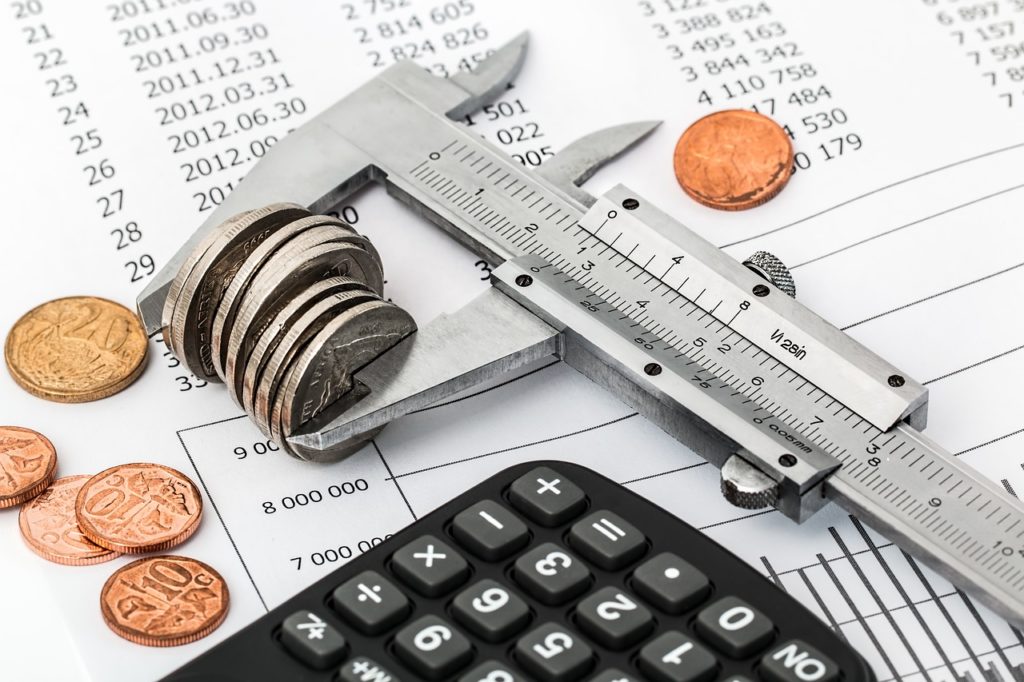An emergency fund is money set aside for unforeseen expenses, such as major home repairs, last-minute travel, or urgent medical needs. It can give you peace of mind and save you from potential debt.
Building an emergency fund requires time and discipline. Here are ways to save up for your rainy day stash:
Start with small but consistent contributions.
Set realistic goals, so you don’t get overwhelmed. For example, start with saving at least two weeks’ worth of expenses. Then slowly move towards a month, then two months, and so on.
Achieving that first goal quickly can motivate you to reach towards larger ones until saving becomes a habit. Additionally, setting your initial deposit at a relatively small amount will prevent you from straining your cash flow.
Another exercise you can try in the early stages of saving up for your emergency fund is to list down all your expenses. Rank them by priority and cross out items you can live without. Choose at least one crossed-out item and commit to saving its amount at regular intervals, whether per week or paycheck. Your goal is to make saving a positive habit rather than a daily struggle.
Automate your savings
The simplest way to save money is to put it in a personal savings bank account. Ensure your contribution amount is deposited automatically, so you won’t be tempted to spend it. Get your contributions done as soon as possible, instead of waiting to see how much money you have left by the end of the month. Doing this will help you stick to your target amount.
Ask your employer if they allow direct deposit or if they deposit in more than one account. If they are unable to do so, visit the nearest bank or credit union and explore their deposit options.
Reduce monthly expenses
 Financial security does not happen overnight. Analyze your expenses and take a bunch of cuts that you may not notice individually, but when added up, it can make a significant impact on your savings. Whether it’s canceling unnecessary subscriptions or skipping your daily coffee run, you’ll be surprised at how these small, recurring expenses take up a chunk of your funds.
Financial security does not happen overnight. Analyze your expenses and take a bunch of cuts that you may not notice individually, but when added up, it can make a significant impact on your savings. Whether it’s canceling unnecessary subscriptions or skipping your daily coffee run, you’ll be surprised at how these small, recurring expenses take up a chunk of your funds.
Avoid spending additional or unexpected funds that come in. These can include tax refunds, rebate checks, bonuses, or gifts. Since you weren’t anticipating them in the first place, putting them in your emergency fund will have little to no impact on your current spending budget. Remember, every penny will help you get closer to your goals.
Don’t over save
An emergency fund is money you can access easily. This means you’re likely to store it in a low-yield savings account with low-interest rates and maintaining balance. For that reason alone, stop depositing to that account once you have hit your desired goal. Instead, start moving your emergency fund into accounts that grow valuable interest over time.
Building an emergency fund is one of the smartest financial decisions you can make. Having adequate funds at any given point in your life can save you from stressful events and give you the freedom to grab opportunities that come your way.

